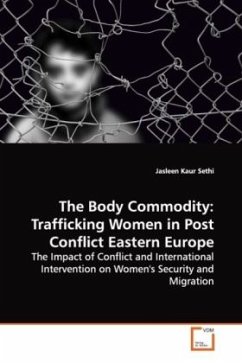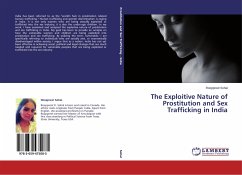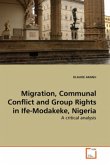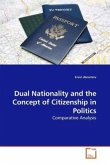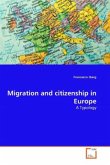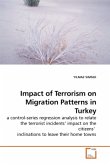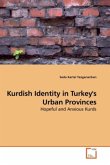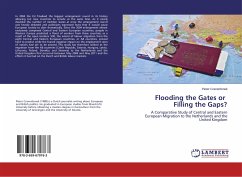Trafficking in people is often approached as an issue of crime or immigration control, with international bodies taking a state centered approach. Internationally, legislation finds unsanctioned migration to be a security threat to national borders. In practice, this not only criminalises traffickers, but trafficked women. States fail to acknowledge that trafficking is most acutely a security threat to those made vulnerable by poverty and social isolation. Often, the human rights dimension of trafficking legislation is similarly flawed, focusing exclusively on returning women to their country of origin. The focus of this study is the trafficking of women for the sex trade. I look at the circumstances created around a large-scale international intervention. Chapter 1 addresses the impact of migration and security concerns on legislation. Chapter 2 considers economic and social processes that make women vulnerable to illicit migration. Chapter 3 looks at the market for trafficked women in Bosnia and Herzegovina and Kosovo. Chapter 4 assesses mechanisms available for women. This study should help those interested in women's security in post-conflict zones.
Bitte wählen Sie Ihr Anliegen aus.
Rechnungen
Retourenschein anfordern
Bestellstatus
Storno

